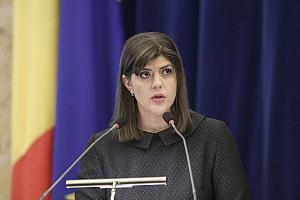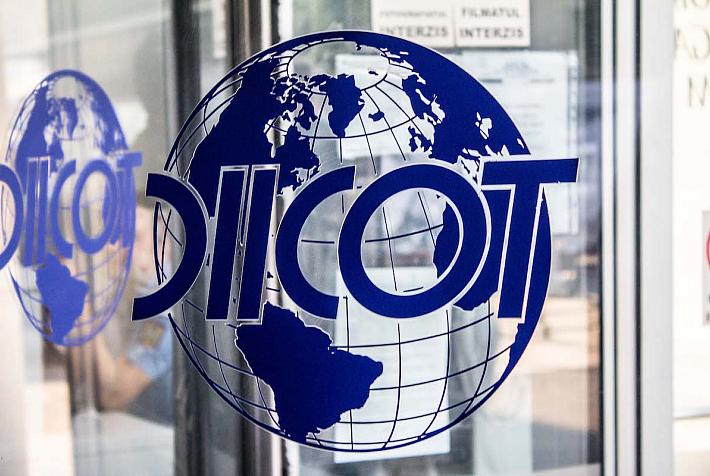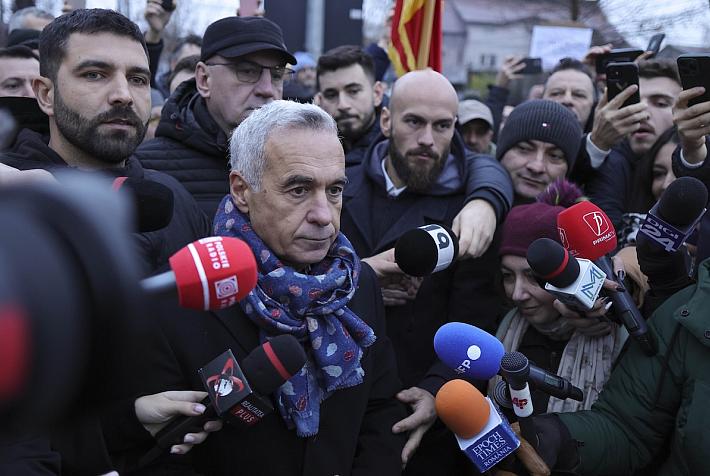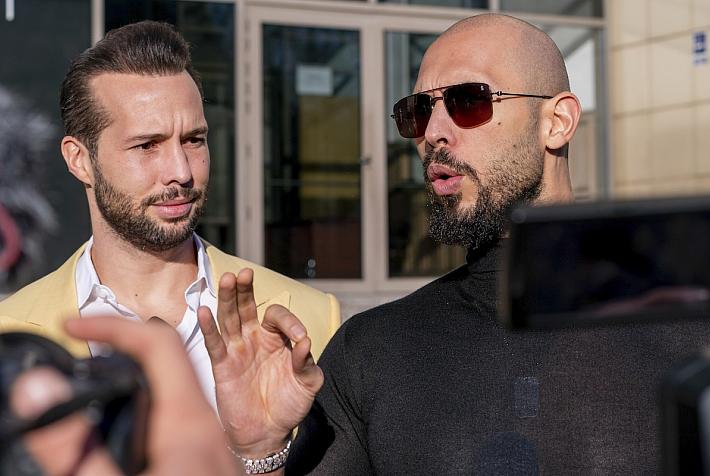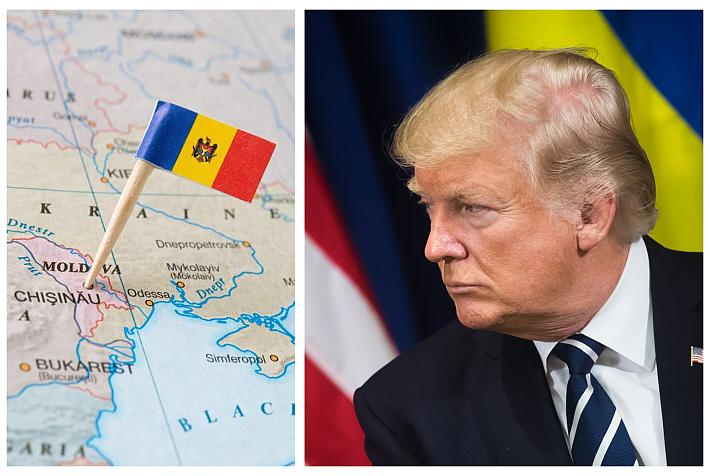Europe’s chief prosecutor decries magnitude of tax fraud in EU
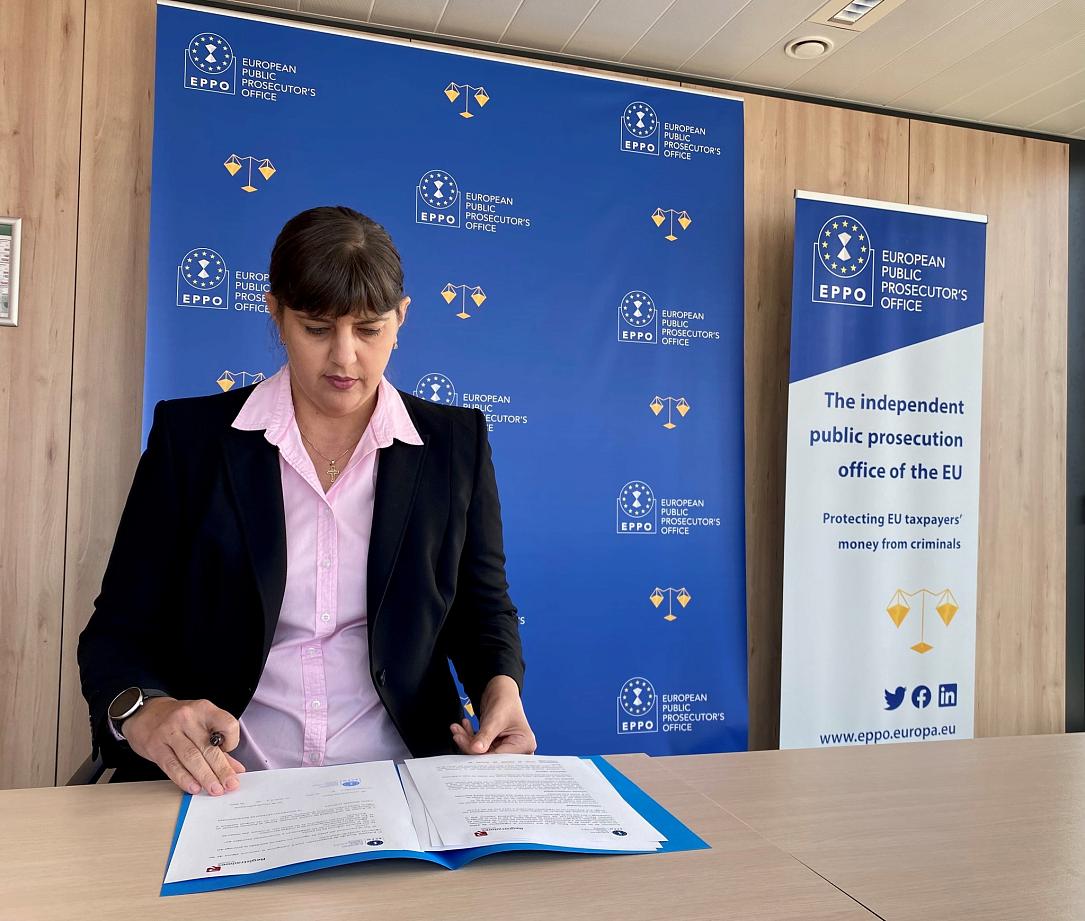
Laura Kövesi, chief prosecutor at the European Public Prosecutor’s Office (EPPO), which concluded its first year of activity with 929 opened investigations and EUR 259 million in frozen assets, estimates that EUR 30-60 bln is lost to tax fraud in the EU every year.
“If I were a finance minister, I would probably be losing sleep over it,” said Kövesi in an interview for Euronews.
The EPPO was established five years ago by 22 member states and officially launched in June 2021. Reuniting prosecutors from each participating state and having 35 offices in total, it is tasked with protecting European funds from financial criminals. Unlike national authorities, the EPPO has jurisdiction across borders.
Based in Luxembourg, the independent prosecution office is headed by Laura Kövesi, who served as Romania’s chief anti-corruption prosecutor. Despite being appreciated by many in one of Europe’s most corrupt countries for her office’s unbiased investigations, she was dismissed in 2018 by the Social-Democrat government. Kövesi then quickly established herself as the lead candidate for heading the EU’s new supranational prosecution agency, a job she eventually got.
One of the first challenges for the EPPO came from uncooperative national governments. The Slovenian, Spanish, Hungarian, and Polish authorities at times interfered with the office’s investigations. The latter two do not participate in the EPPO but have to cooperate with it as EU members.
Despite this, the EPPO’s first year of activity saw it opening 929 investigations, freezing EUR 259 million in assets, and obtaining four convictions. Over four thousand financial crimes were reported, roughly 1,900 from national authorities, 1,841 from private parties, and the rest from EU institutions. However, Kövesi still sees a long way ahead for the EPPO.
She says that by having different criminal codes, some EU states simply do not take into account certain cases of financial crime, while others do. “It’s about the will of the authorities to identify and detect crimes and report these crimes to the EPPO,” Kövesi told Euronews. “We are working in the interest of European citizens and protecting their money,” she added.
The chief of the EU’s financial watchdog also noted that EU tax authorities fail to collect an estimated EUR 130 billion in VAT each year, with up to half of that sum being lost to fraud.
Romania registered the largest deficit in VAT collection within the EU in 2019, losing almost 35% of VAT revenues, according to a report from the European Commission. It was followed by Greece (25,8%) and Lithuania (23,5%). The lowest deficits were registered in Croatia (1%), Sweden (1,4%), and Cyprus (2,7%).
radu@romania-insider.com
(Photo source: EPPO Facebook page)







